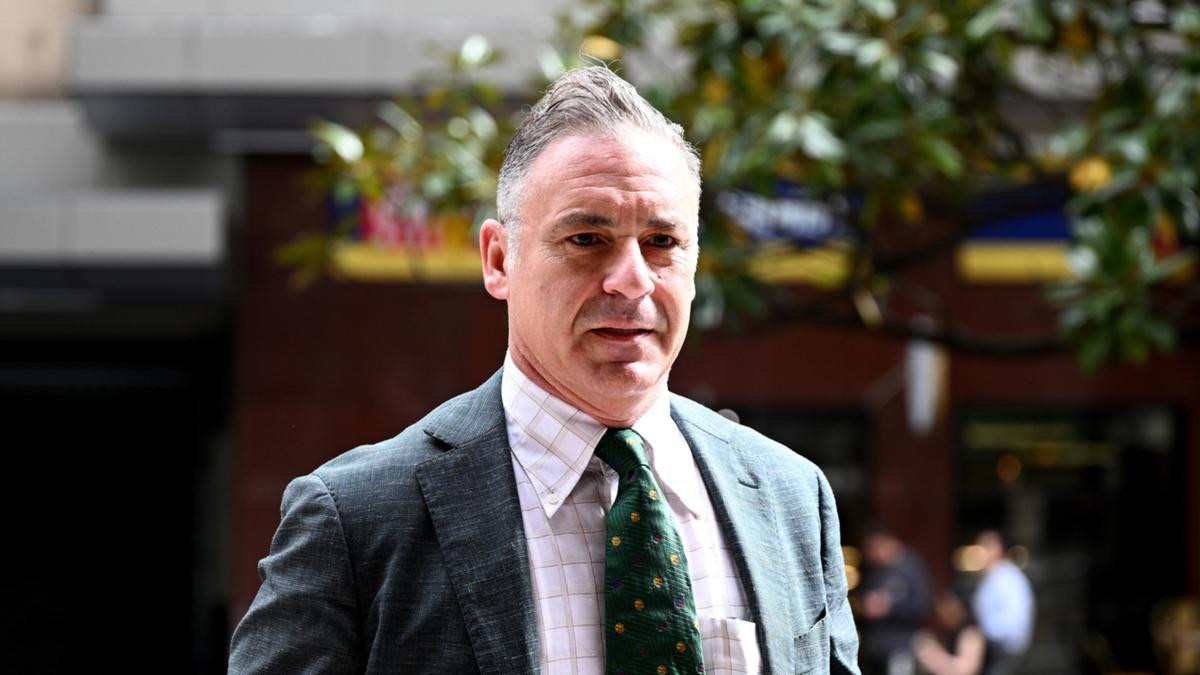South Korea's Unexpected Martial Law and its Impact on the Won
The world watched in stunned silence as South Korean President Yoon Suk Yeol unexpectedly declared martial law on Tuesday night. This drastic action led to troops surrounding the parliament building, creating a tense atmosphere of political uncertainty. However, the declaration was revoked approximately six hours later, leaving many questioning the motives behind this tumultuous event. The incident created immediate ripples in the South Korean economy, with the won briefly plummeting to a two-year low against the US dollar.
The Political Fallout: Impeachment Looms
President Yoon's decision to declare martial law was met with immediate opposition. Lawmakers voted to reject the military rule, setting the stage for a potential impeachment process. The President's rationale for the decree involved his struggle against opposition forces he accused of sympathizing with North Korea. This claim was viewed with skepticism by many, intensifying the political crisis and adding to the nation’s economic turmoil.
The Aftermath of the Vote
Following the bipartisan vote against the martial law declaration, police and military personnel were observed leaving the parliament grounds. The declaration was officially lifted during a cabinet meeting around 4:30 a.m. The swift reversal, while lessening immediate tensions, raised concerns about the stability of the government and fueled speculation about the potential for further political upheaval. The ongoing conflict between the president and parliament casts a long shadow over South Korea’s economic outlook.
The Impact on Financial Markets: A Rollercoaster Ride for the Won
The sudden declaration of martial law sent shockwaves through the global financial markets. The South Korean won initially plunged against the US dollar, reaching its lowest point in two years. This sharp decline reflected investor anxieties concerning the political instability and its potential ramifications for the South Korean economy. However, after the revocation of the declaration, the won quickly recovered some of its losses. The recovery demonstrated the market's resilience but also underscored its volatility. The event highlighted the delicate balance between political and economic stability in South Korea.
The Role of the National Pension Service
Adding another layer of complexity to the situation, reports emerged that South Korea's National Pension Service (NPS), the world's third-largest public pension fund, had been actively selling dollars in the forex market in recent weeks. Two sources familiar with the matter indicated that this move was possibly linked to tactical FX hedging or portfolio rebalancing. Another source suggested the sales were primarily to rebalance the fund's portfolio, selling dollars to maintain a certain ratio of foreign assets within the fund. The actions of the NPS, while perhaps aimed at mitigating losses in the won, underscore the magnitude of the market fluctuations and the influence of large financial actors on the currency's stability.
The NPS’s significant influence, managing assets exceeding $810 billion, makes its actions a major factor in domestic financial markets. The scale of the dollar sales, while not disclosed, suggests a substantial attempt to stabilize the won. This move is further evidence of the complex interplay between government actions, market forces, and large financial institutions in the face of significant political volatility.
Global Market Reactions: A Cautious Outlook
The events in South Korea had a ripple effect on global financial markets. Asian shares mostly experienced modest gains following the record highs seen in Wall Street's technology stocks. However, concerns over the political instability in South Korea and the resulting market uncertainty led to cautious trading and subdued investor sentiment. Retailers, particularly, displayed a mixed performance due to the Black Friday and the anticipated peak sales for Cyber Monday. The global markets seemed to have taken the resolution of the martial law crisis as a positive sign, showing resilience to the initial shock. However, the underlying political uncertainty remains a major factor influencing investment decisions and global market trends.
The Dollar's Strength and the Fed's Path
The US dollar held its ground against other major currencies amidst the uncertainty in South Korea. The relative strength of the dollar reflects its safe-haven status during times of geopolitical uncertainty. The Federal Reserve’s path remains an influential factor in the dollar’s position, as traders and investors continue to anticipate the Fed’s approach to monetary policy. Data on US job openings and employment also play a role in the dollar's value and in shaping expectations for future interest rates. Market participants await further data, particularly the crucial monthly payrolls data, for a clearer understanding of the Fed's planned actions and the overall economic trajectory. This data-driven decision making highlights the interconnectedness of global markets and the importance of economic indicators in shaping currency values.
A Tense Calm: What Lies Ahead for South Korea?
While the immediate crisis surrounding the martial law declaration has abated, the underlying political tensions remain. The potential for impeachment proceedings against President Yoon and the broader political divisions within the country remain significant challenges. The impact of these challenges on the economy and the won's long-term stability is uncertain. The political climate's impact on investor confidence, foreign investment, and the overall economic outlook will be critical factors to watch. The coming weeks and months will be crucial in determining whether South Korea can restore political stability and prevent further economic disruptions.
The situation in South Korea serves as a reminder of how quickly political events can impact global financial markets and underscores the importance of monitoring geopolitical risks. Investors and market analysts alike will continue to carefully observe the unfolding political drama in Seoul and its potential ramifications on the global economy. The future trajectory of the won and the South Korean economy is intrinsically tied to the resolution of this political crisis. The next steps taken by the government and the parliament will shape not only South Korea's future but also the dynamics of regional and global financial markets.

















